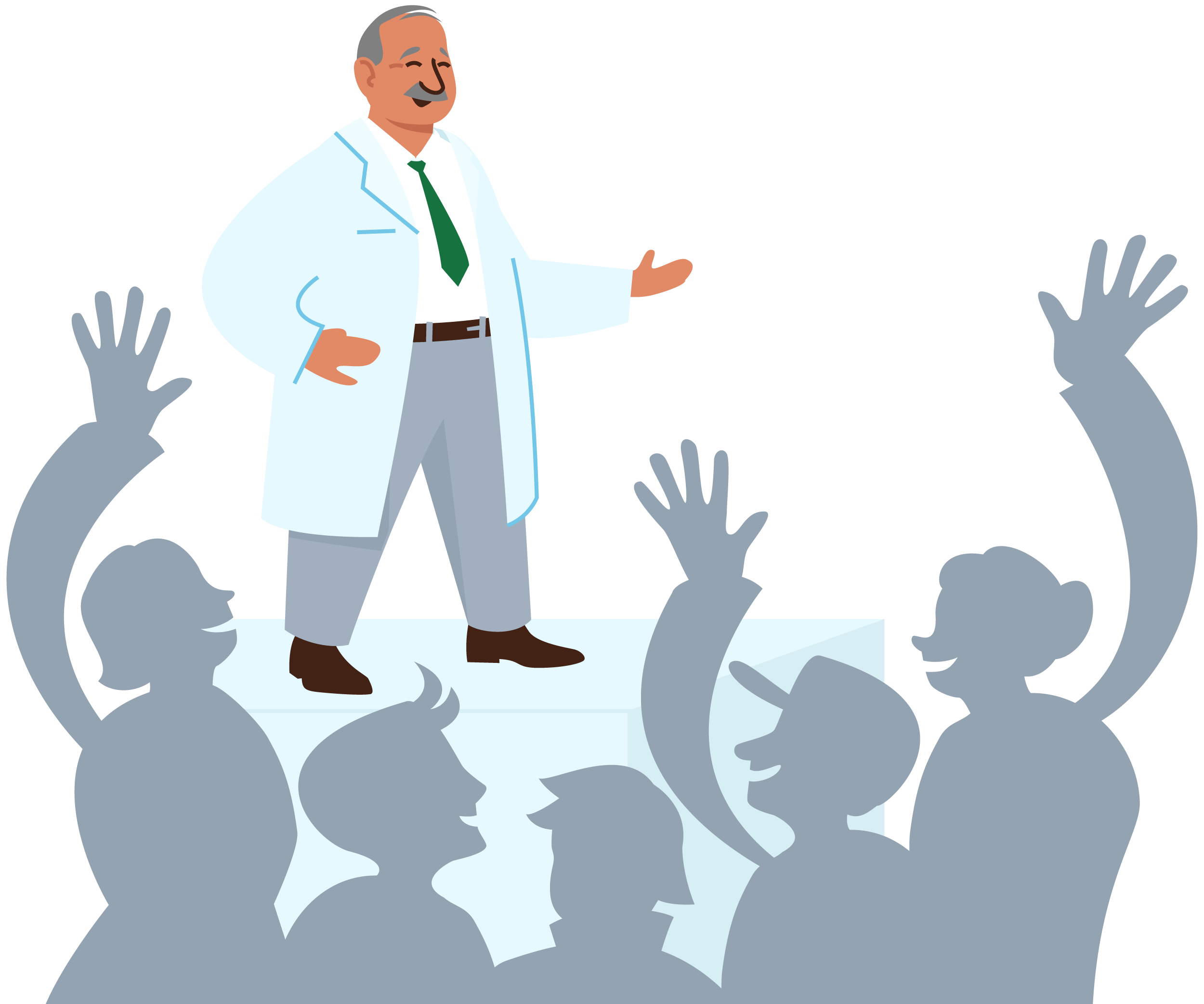 Don’t assume opinions alone are enough.
Don’t assume opinions alone are enough.
Experts, just like everyone else, do not always base what they say on systematic reviews and fair comparisons. Who makes a claim about the effects of a health action, how convincing they seem, or how much experience and expertise they have do not provide a reliable basis for assessing how reliable their claim is.
Explanation
Expert opinions are based on various types of evidence. The evidence may be a systematic review of fair comparisons and therefore reliable, but it could also be less reliable such as personal experiences (anecdotal evidence), laboratory studies, or studies that are not directly relevant. Unless an expert (or anyone else) clearly states the basis for a claim about the effects of a health action, it is not possible to know how reliable the claim is.
Gaps between research findings and health professional practice are well documented. New research evidence about the effects of health actions is published daily, making it difficult to keep up to date. In addition, health professionals, researchers, influencers, and patients often disagree about the effects of health actions. This may be because their opinions are not always based on systematic reviews of fair comparisons of health actions. How much weight to give an opinion about the effects of a health action should be based on the strength of the evidence supporting it.
There is an enormous amount of information about health actions on the Internet and in the media, much of which is based on opinions and is unreliable. Online, the basis for claims about the effects of health actions is often not provided and very few online sources of information about health actions are clearly based on systematic reviews of fair comparisons. This makes it difficult to know which online opinions to trust.
Examples
Strong evidence supporting the use of a medicine called aspirin after a heart attack had already existed for many years before experts began to recommend its use. On the other hand, experts continued to recommend medicines to reduce heart rhythm abnormalities years after there was strong evidence that they increased the risk of early death after a heart attack.

Remember: Don’t rely on the opinions of experts or other authorities about the effects of health actions unless they have taken account of the results of systematic reviews of fair comparisons of treatments.
Primary school
- Lesson 4. Other bad bases for claims about treatments (Part 2). In: The Health Choices Book.
- Animation: More bad bases for claims – The Health Choices Book.
Other
- Podcast: Ep. 6 of The Health Choices Programme: “Experts”.
- Book: Don’t always rely on the experts. In: Smart Health Choices.
- Video: Are egg yolks bad for you? – What you’ve heard might not be true. This is a PictureFit video lasting 3:16 minutes.
- Blog: Expert opinion is not always right. Students 4 Best Evidence.
